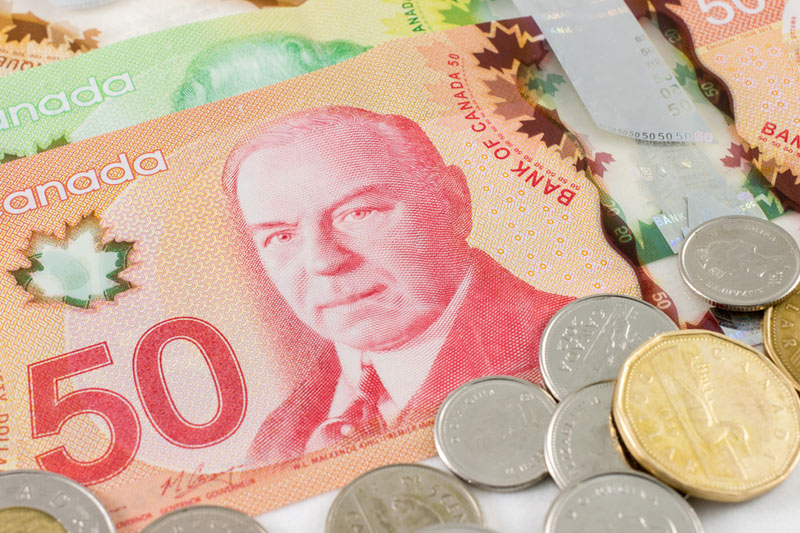By Allison Lampert
MONTREAL, June 22 (Reuters) - The Canadian province of Quebec expects its surplus from the last fiscal year to nearly triple, Finance Minister Carlos Leitao said on Friday, as stronger-than-expected economic growth led to higher revenue.
The country's second-most populous province reported a C$2.4 billion ($1.80 billion) surplus for the 2017-2018 fiscal year, compared with C$850 million ($638.28 million) from its initial budget forecast, Leitao said.
The surplus will be added to a reserve fund, worth C$5.3 billion in fiscal 2018-2019, that the province uses as a cushion in case of recession, at a time of growing concern of a global trade war.
On Friday, U.S. President Donald Trump threatened to impose a 20 percent tariff on all U.S. imports of European Union-assembled cars. L1N1TO0SM
And Canada has said it will retaliate for the Trump administration's recently imposed tariffs of 25 percent on steel and 10 percent on aluminum from Canada - the No. 1 steel exporter to the United States - as well as on Mexico and the European Union. affects a small portion of our total exports," Leitao said of the U.S. metals tariffs. "It's very unfortunate and it has an impact on our industry, especially on metal products, but it's far from being a trade war."
Quebec's Liberal government, now trailing in the polls ahead of a fall election against a center-right rival, came to power in 2014.
The Liberals have won accolades from credit rating agencies for their turnaround plan for the province's finances.
Leitao has promised to balance budgets from 2015 through 2020 after six years of deficits, while targeting a reduction in the province's debt to 45 percent of gross domestic product by 2026 from 52.7 percent in 2017.
"We passed from the bottom of the class in Canada, to the top of the class in terms of the economy and public finances," he told reporters on a conference call.
Quebec benefited in 2017 from a "positive surprise" of stronger-than-expected GDP growth of 3.1 percent, compared with forecasted growth of 1.7 percent in 2017 and 1.6 percent in 2018, Leitao said. ($1 = 1.3317 Canadian dollars)
